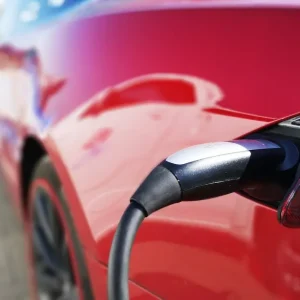The new mayor of London, Sadiq Khan, has announced he will launch a consultation “in a number of weeks” in order to tackle air pollution in the capital.
Proposals include extending the Ultra-Low Emission Zone to the North and South Circular roads and the possibility of introducing the zone before its scheduled 2020 roll-out.
Khan will also consult on implementing a charge on the most polluting vehicles in central London from 2017, using the Congestion Charge payment and enforcement model.
Additionally, the new mayor will seek opinions on giving Transport for London the go-ahead to work on the costs and challenges of rolling out a diesel scrapage scheme in the capital.
“I have been elected with a clear mandate to clean up London’s air – our biggest environmental challenge,” Khan said. “The previous mayor was too slow on this issue and the Government has been hopelessly inactive and it’s Londoners who are suffering as a result.
“We need to speed up our efforts so I’ll be launching a consultation before the summer to kick-start the process. As well as my proposals, I’ll be seeking views on other ways we can do more to clean up the city’s air,” he added.
The Freight Transport Association reacted to these plans, claiming that London-based businesses would be “hit three times over” if they are implemented.
“Freight operators and the service industry could find themselves being charged extra for their vehicles before they have had any reasonable chance to upgrade,” Christopher Snelling, FTA’s head of national and regional policy said. “Many businesses could lose trade first in central London, then the whole of inner London – and for businesses based in the zones involved, the impacts will be even worse.”
“If we are to avoid increasing costs for consumers, businesses will need significant financial help to adopt these standards this early. It is imperative that the mayor looks at carrots as well as sticks,” he added.
Meanwhile, the British Vehicle Rental and Leasing Association said it is “very concerned” about the plans to expand the ULEZ.
“These last minute adjustments to the ULEZ scheme would not give businesses time to prepare and could punish a large number of companies who have already planned their vehicle requirements based on the scheduled 2020 introduction date,” BVRLA chief executive Gerry Keaney said. “It took years of planning, research and consultation to come up with the current ULEZ proposals and rushing through with any changes could have major unforeseen repercussions.”





